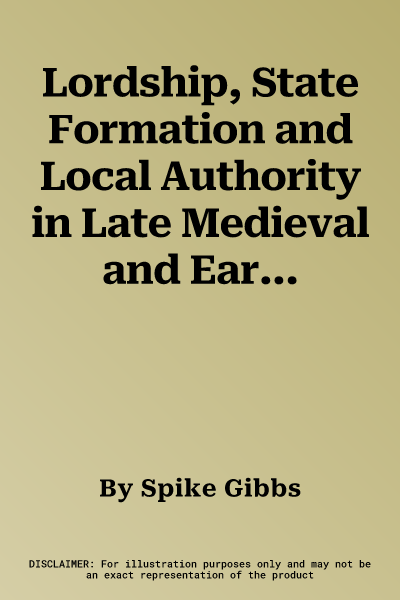Spike Gibbs
(Author)Lordship, State Formation and Local Authority in Late Medieval and Early Modern EnglandHardcover, 30 September 2023

Temporarily out of stock
Free Delivery
Cash on Delivery
15 Days
Free Returns
Secure Checkout

Part of Series
Cambridge Studies in Medieval Life and Thought: Fourth
Print Length
304 pages
Language
English
Publisher
Cambridge University Press
Date Published
30 Sep 2023
ISBN-10
1009311832
ISBN-13
9781009311830
Description
Product Details
Author:
Book Format:
Hardcover
Date Published:
30 September 2023
Genre:
British
ISBN-10:
1009311832
ISBN-13:
9781009311830
Language:
English
Location:
Cambridge
Pages:
304
Publisher: